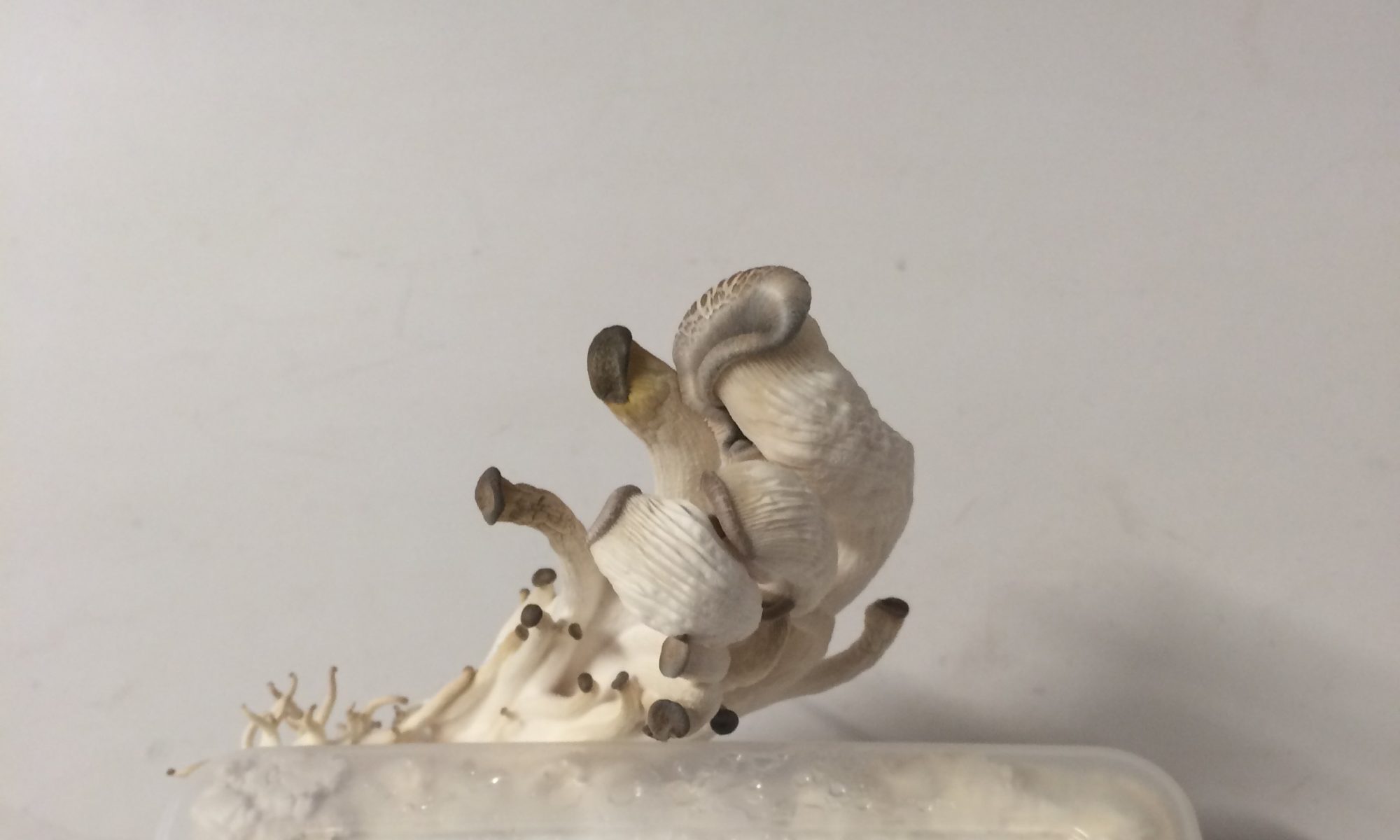A new video, produced by the RCA architecture group called Metabolic Selves, in conjunction with the Serpentine Gallery in London, offers the view that we should not look at toxins and pollutants as external entities, as things/effects/assemblages outside of ourselves. Our insides and outsides are subject to the same “chemical influxes that we have exerted on our environment… When we ingest matter, we also ingest a chain of political, cultural, and economic signifiers.” The collective Metabolic Selves promulgates a new paradigm which begins with humans acknowledging that we actively and always are “metabolizing bodies and conjunctions.”
The idea of localizing toxins, or understanding the world-on-earth as a “supply chain” is an error of consideration, as no inputs/outputs are strictly localized or linear.
Sociologist Hannah Landecker says it’s a mistake to thing that matter passes through us organisms; actually “we are organisms passing through matter…We are not these bounded efficient factories that matter is coursing through…we are these fragile groupings of matter moving through dense collections of matter that happens to be formatted by our industrial histories. We might think that we drink the water, but we are.. moving through the water world” that has not been regulated agains POPs.”
Artist/researcher Susan Schuppli furthers the conversation by looking at the ways species lives and relations remain in “archives” of materials; materials harbor traces and evidence of lived entanglements, “bearing witness.” What western humans consider inanimate are also capable of “speechmaking.” At issue is whose testimonies matter and have credibility.
These approaches share some values with but are in no way identical to the legal quest to grant personhood to members of other species or rivers or trees. While Schuppli’s focus on “denaturalizing speech” and attuning themselves to the credibility of testimonials and archives generated outside the sphere of human agency shares a topical interest with legal personhood, I have come to see that in the context of decentering humans, the very word “personhood” is problematic. I was once chastised by a landscape architect for citing indigenous groups who give personhood to plants and animals in their ecosystem (and therefore in their cultural consideration), because she said that I didn’t understand well enough the context for that category. I’m certain she was correct, that I hadn’t done enough work to understand the very framework of personhood, and how hunting, foraging, manipulating (farming), and eating species is reconciled under this world view.
The idea of porosity (between bodies, gusts of chemicals, effluence) asks for a meta, and probably extra-legal framework: law requires plaintiffs and culpability (as does polluting ourselves and earth), but the meta framework of being metabolic would make it more difficult to produce amendments like the one pending in the EPA, which aims to remove co-benefits (and co-liabilities) from qualifying factors in benefit-cost analysis.
